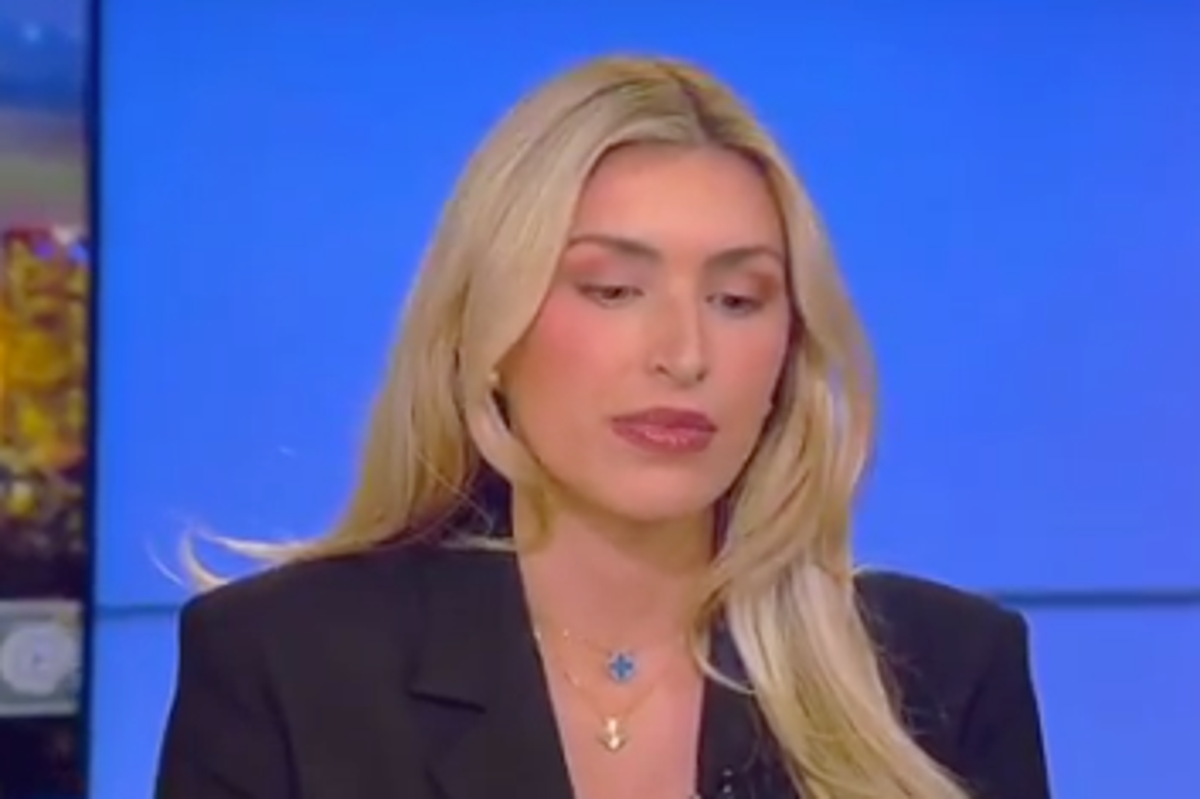ARTICLE AD BOX
Tom Barkin discussed the uncertainty created by the president-elect policies in an address to business leaders in Baltimore
A senior Federal Reserve official has highlighted the inflation risks associated with US President-elect Donald Trump’s return to office in January.
Speaking on Friday to business leaders outside of Baltimore, Richmond Fed President Tom Barkin said the US economy could see significant growth but also warned of inflationary pressures, particularly if hiring and wages increase.
Barkin pointed to several positive indicators, including strong consumer spending, low job losses, and steady wage growth. However, he acknowledged that consumers are beginning to push back against the rising prices, suggesting a potential tipping point in inflation dynamics.
“How economic policy uncertainty resolves will matter. But, with what we know today, I expect more upside than downside in terms of growth,” Barkin said. There could be “more risk on the inflation side,” especially if the labor market strengthens, he added.
Despite his pledge to lower inflation, if Trump follows through on some of his plans related to tariffs and immigration, economists worry that inflation could surge.
Immigration has been a key source of growth in the labor force and jobs in recent years. In November, Trump vowed to slap 25% tariffs on all goods imported from Mexico and Canada, a move that could collide with his campaign promise to reduce price growth. The US is the largest importer of goods in the world, with Mexico, China, and Canada its top three suppliers, according to the most recent US Census data.
Before the election, about seven in ten voters said they were very concerned about the cost of food, according to AP VoteCast. During a September visit to a grocery store in Pennsylvania, Trump promised shoppers to bring prices down.
Barkin noted that the plans for increased tariffs bring considerable uncertainty, with some analysts cautioning that the initiatives could spark inflation by increasing costs for businesses and consumers.
The Fed has already adjusted its policy expectations in light of Trump’s return to the White House. Fed Chair Jerome Powell recently stated that officials are incorporating tentative projections of the economic impacts of Trump’s agenda.
Last month, the central bank reduced its interest rate target to 4.25-4.50%, while scaling back expectations for rate cuts in 2025, signaling caution about inflation risks.
.png)
 4 months ago
14
4 months ago
14








 English (US)
English (US)